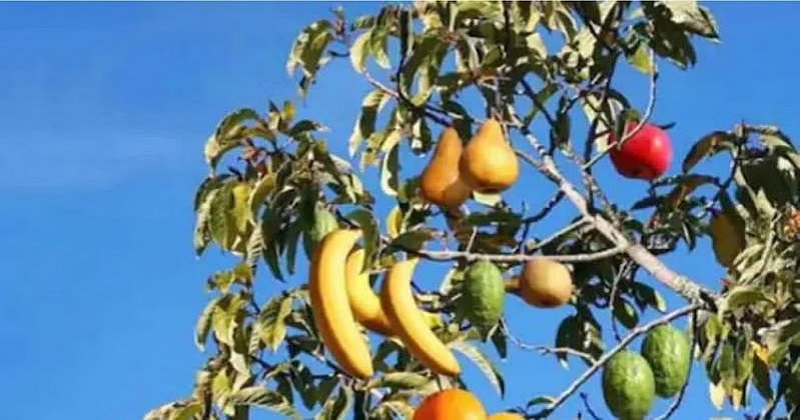
Collaborative research conducted by Tel Aviv University and Jerusalem’s Hebrew University discovered the oldest domestication of fruit trees, implying that olive and fig horticulture existed as early as 7000 years ago in Israel’s Central Jordan Valley. The study drew its results on analyzing the traces of charcoal from the Charcolithic site of Tel Zaf in the Jordan Valley, indicating they came from olive trees, which did not grow there naturally.
Despite being reduced to charcoal, they were able to recognize the trees by their anatomic structure. ‘Olive trees thrive in the wild in Israel, but not in the Jordan Valley,’ said Dr. Dafna Langgut, director of Tel Aviv’s Laboratory of Archaeobotany and Ancient Environments and the study’s lead author.
‘This means that someone brought them there intentionally — took the knowledge and the plant itself to a place that is outside of its natural habitat. In archaeobotany, this is considered indisputable proof of domestication, which means that we have here the earliest evidence of the olive’s domestication anywhere in the world.’ Langgut also found remnants of branches belonging to the fig tree, which did grow naturally in the Jordan Valley.
She reasoned that the branches arose from pruning, a process still employed today to boost a fruit tree’s output, because the fig tree had little use for fuel or crafting into tools or furniture. According to a joint university press release, the researchers were not surprised to discover that the residents of Tel Tsaf were the first in the world to intentionally grow olive and fig trees, because growing fruit trees is evidence of luxury, and this site is known to have been exceptionally wealthy.

Post Your Comments